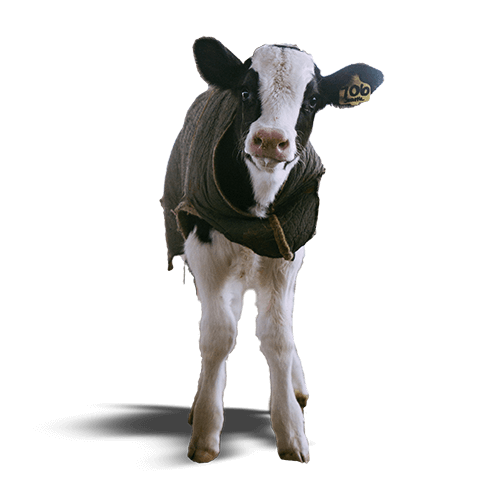0 to 2 weeks
Neonatal period
Puppies can touch and taste at birth, but that’s about it. During this period, they are going to be most influenced by their mother and littermates, and will start learning some simple social skills, coordination, and the ranking process. Mostly, they’ll just eat — newborns need to have milk from their mother about every two hours.



